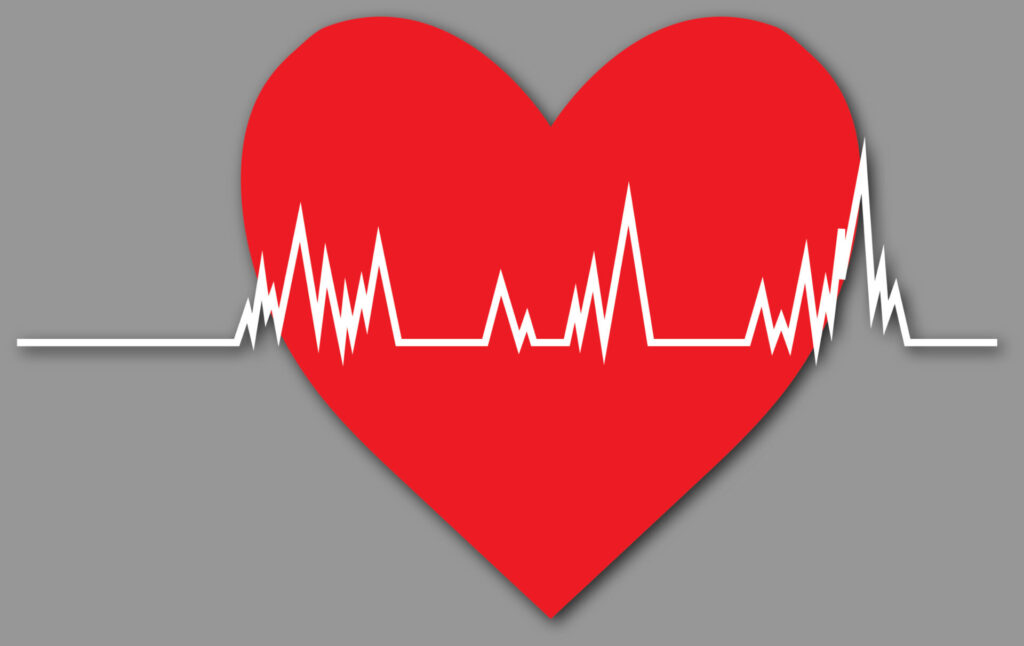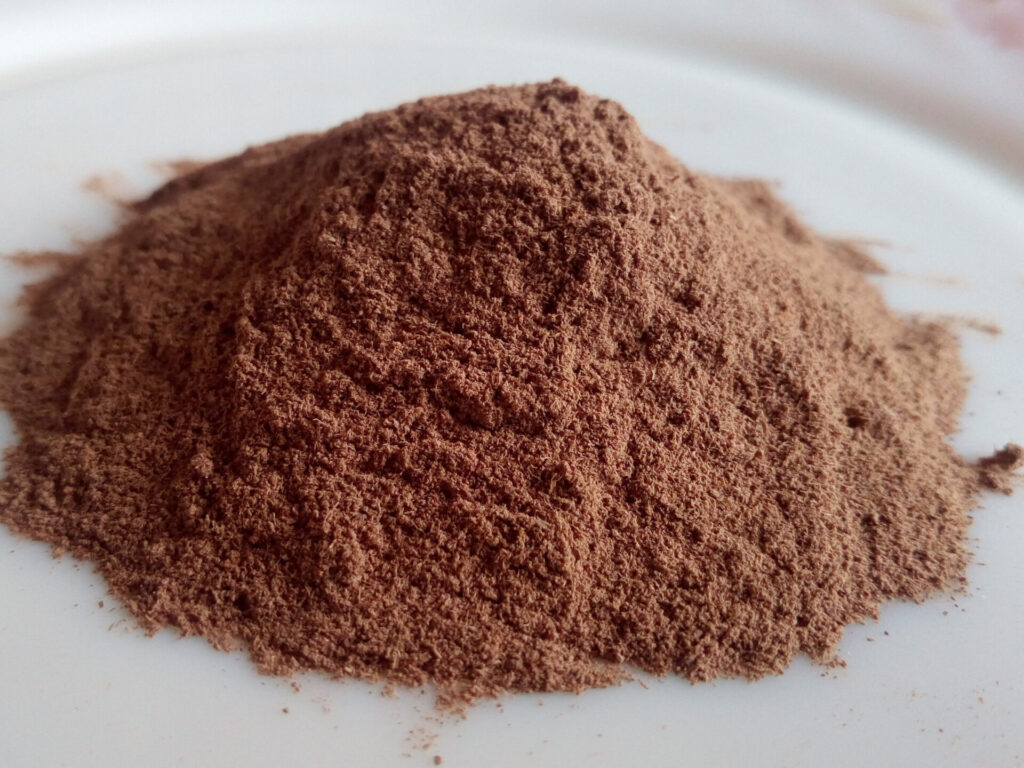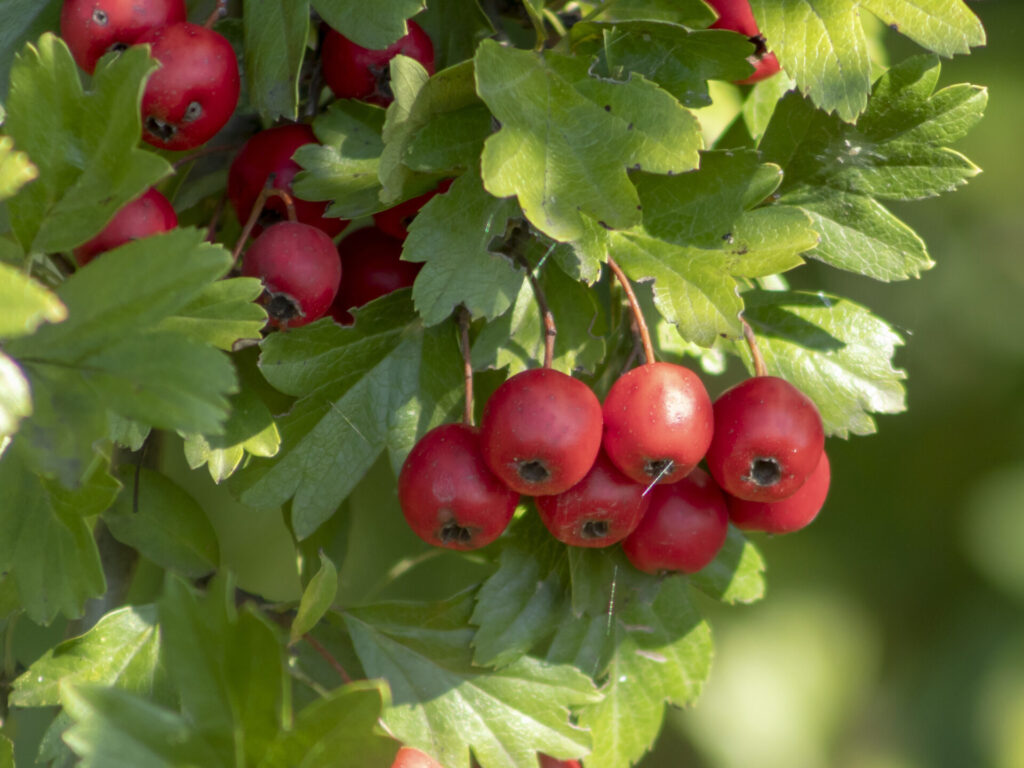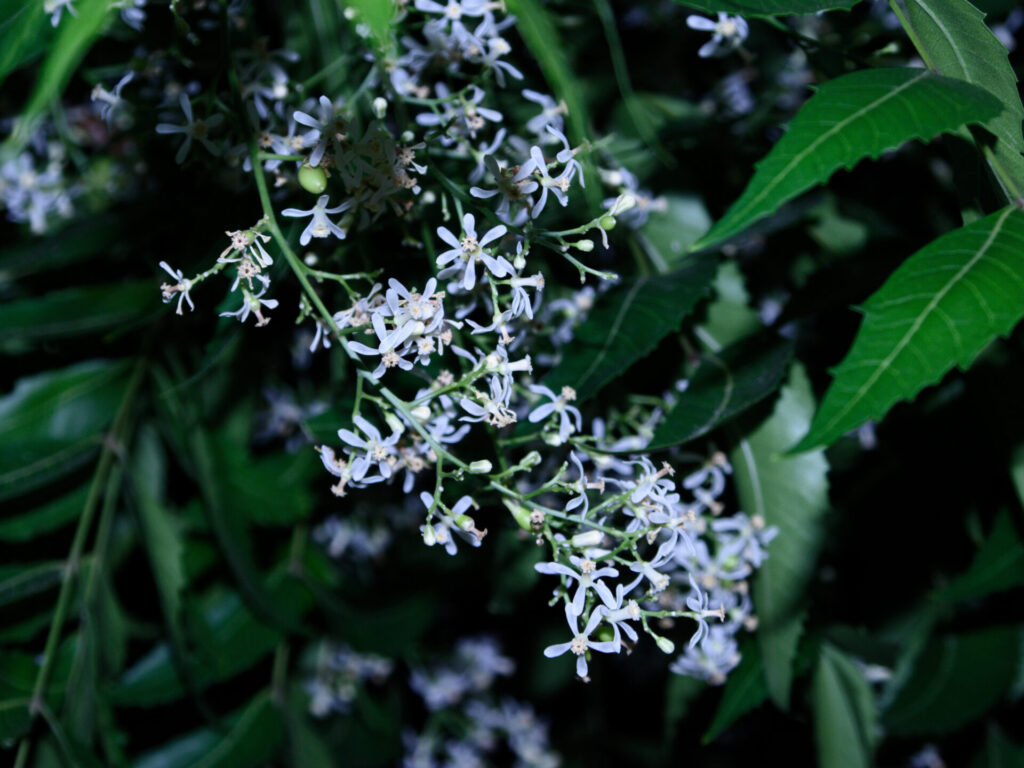Myocarditis, or heart inflammation, is caused by many factors. Fortunately, natural remedies can help prevent and treat this heart disease. If you suffer from the painful and often serious condition or if you want to avoid it, learn about the nine most powerful natural remedies for myocarditis.
For most people, dealing with the health challenges of our shifting world has been a learning curve. With the new medical terms floating around these days, it can be hard to keep up with the changes.
Among the most pressing issues, myocarditis is overwhelming doctor’s offices and challenging emergency rooms. If you want relief from this troubling and often dangerous condition, here are the nine most powerful natural remedies for myocarditis (heart inflammation).
What is Myocarditis?
According to Merriam-Webster: “The meaning of myocarditis is inflammation of the myocardium (heart muscle).”
More specifically, myocarditis is an inflammation of the middle layer of the heart muscle. This inflammation may impact the heart’s ability to pump blood and cause heart palpitations, irregular rhythms (arrhythmia), or heart attacks.
In children and adults, the core cause of myocarditis or heart inflammation is a viral infection. Myocarditis might also result from another inflammatory condition, a bacterial infection, and/or a reaction to inoculations or medication. As time goes on, more information is becoming available to help us understand why cases of myocarditis are rising these days.
Severe myocarditis weakens the heart. The symptoms are often chest pains, fatigue, shortness of breath, or fever.

Severe myocarditis can also cause heart failure, sudden cardiac arrest (heart attack), and blood clotting. All of these conditions are potentially deadly. Specific natural remedies help prevent and counteract myocarditis.
Many herbs and natural substances protect the heart muscle. These remedies, as most herbal remedies, are not only for the heart – the synergy of herbal plant remedies is holistic, so they positively affect the entire body’s functioning.
But these specific remedies have primary actions that heal the heart, so we’ll start there. The following list is alphabetical, not necessarily in order of effectiveness or preference.
NOTE: If you are currently taking prescription medication for myocarditis or other heart conditions, we strongly suggest consulting with a naturopathic practitioner for compatibility before adding these herbal remedies to your health regimen.
The 9 Most Powerful Natural Remedies For Myocarditis (Heart Inflammation)
1. Arjuna

Arjuna (Terminalia Arjuna) is the renowned “king of heart remedies” in Ayurveda, the traditional natural healing system of ancient India. Arjuna is extracted from the shedding bark of the large Terminalia tree native to India and Sri Lanka. It protects and provides strength to the heart muscles, repairs the blood, and normalizes high blood pressure.
Arjuna is powerful enough to rehabilitate the heart after myocardial infarction (heart attack) while working to neutralize myocardial inflammation.
Ajuna excels as a remedy for heart arrhythmia, but it does so much more.
The herb is also one of the best natural remedies for post-heart-inflammation or post-heart-attack patients. That’s because arjuna nourishes the heart and helps prevent future heart attacks and inflammation while increasing blood flow to the heart. The increased blood flow reduces occurrences of angina (chest pains caused by decreased blood flow to the heart or by arterial heart disease) or painful heartbeat.
Arjuna is also wide functioning, helping to relieve stress, hypertension, and nervousness as it repairs both heart and lung diseases. The easiest and most popular way to take arjuna as a supplement is in capsule form.
2. Astragalus
Astragalus (Astragalus membranaceus) is an herb root highly prized in Traditional Chinese Medicine (TCM) for prolonging youth due to its adaptogenic qualities of reducing stress in the body and boosting the immune system.
Known as Huang-qi (or Milk Vetch), astragalus is one of the most potent herbs for reducing blood pressure and counteracting myocarditis and arrhythmia.
Astragalus fights viral or bacterial infections, which are often the causes of myocarditis. With additional vasodilating and anti-coagulant properties, this herb also helps keep blood flowing smoothly while helping repair blood vessel damage.
Astragalus is pleasant-tasting and can be taken as an extract or in capsules.
Note: There may be contraindications for astragalus use during an active, acute infection with fever. Astragalus increases immune response, so may also be contraindicated for individuals with certain autoimmune diseases or those taking immuno-suppressant drugs. In acute conditions, we always suggest consulting with a naturopathic practitioner before taking astragalus.
3. Coenzyme Q10
Coenzyme Q10 (CoQ10) is a co-enzyme naturally produced by our bodies. It is present in each of our cells as either ubiquinone or ubiquinol.
Ubiquinone is converted, as needed, into its active anti-oxidant form of ubiquinol. It neutralizes free radicals, protecting us against cellular and muscular damage.
CoQ10 has a proven record for protecting the heart from viral myocarditis, myocardial infarction (heart attack), and heart inflammation.
Keeping adequate CoQ10 levels is also important for controlling blood pressure.
Because CoQ10 is necessary for cellular health and reproduction, it is essential for our overall good health. Unfortunately, our natural reservoirs of CoQ10 (in both forms) deplete as we age, so we can get needed CoQ10 through diet or supplements.
Natural sources of CoQ10 for vegetarians include lentils, peanuts, strawberries, oranges, broccoli, cauliflower, spinach, pistachios, sesame seeds, soy, legumes, and others.
For omnivores, sources also include organ meats, fish oil high in fatty acids, sardines and other fatty fish, beef, pork, and chicken.
If you feel you’re at risk for heart disease and want to be sure you’re getting enough CoQ10, you should also take it as a supplement. CoQ10 as ubiquinol is suggested for anyone over 30 years old because it’s more bioavailable, eliminating the need for our bodies to convert ubiquinone to ubiquinol.
4. Green Tea
Green tea has been known for centuries as an elixir for long life. It is one of the best natural remedies for myocarditis, heart inflammation, and overall heart health.
With its high antioxidant catechin levels, green tea effectively inhibits excessive blood clotting and protects against inflammation in all tissues, including heart myocardial tissue. The polyphenols (catechins) in green tea also improve elasticity in the arteries.
Drinking one to three cups daily of green tea is a great habit to adopt if you’re concerned about protecting your heart. Organic green tea is best because most non-organic tea is highly-sprayed with chemical pesticides.
5. Hawthorn

Hawthorn is widely used in the United States and Europe to effectively treat various heart diseases, including myocarditis. It has also been used successfully in Asia (China) for millennia and holds a special place in European pharmacopeia.
Hawthorn berries are powerful antioxidant healers of heart damage, myocarditis, and various other cardiovascular ailments.
This excellent herb helps blood circulation (particularly blood flow to the heart), reducing the risk of heart attacks or sudden cardiac arrest. Hawthorn improves heart muscle contraction and repairs damaged arteries, balancing both high and low blood pressure, as needed.
Hawthorn also treats angina and arrhythmia and promotes cellular repair after heart necrosis. This powerful herb is excellent to keep on hand for use at the first sign or suspicion of heart-related issues. Plus, it has no known side effects!
It’s easy to take hawthorn as an extract or in capsules. Depending on your heart condition, it may take 4-6 weeks of regular use to experience benefits, although some notice improvement soon after you begin taking hawthorn.
6. Lily of The Valley
The lovely, fragrant flowers and leaves of the Lily of the Valley (Convallaria Majalis) have long been a successful treatment for myocarditis (pictured in the heart-shaped featured image at the top of this article).
Often a subject of folklore and legends, this perennial plant (native to the cold climates of Northern Asia and Europe) is a powerful herbal remedy for heart inflammation and cardiac arrest.
Lily of the Valley also treats heart arrhythmia and improves heart tissue quality. It can regulate blood pressure, allowing the heart to beat more slowly and rhythmically while enhancing circulation.
In addition to its heart benefits, Lily of the Valley also treats lung ailments and is anti-cancer and anti-tumor. This benefit is due to the herb’s anti-angiogenic compounds, which destroy the network of blood vessels required by tumors to grow and metastasize.
Although the leaves and flowers of the Lily of the Valley are used medicinally, the berries are toxic. Lily of the Valley is most often used in tincture form, sometimes in combination with other herbs.
Lily of the Valley is also calming and sedative, so can be used along with other heart herbs that treat tension and anxiety-related heart issues.
7. Motherwort
With the word cardiaca included in its Latin name, Leonurus cardiaca, motherwort is specifically a cardiotonic herb.
Treasured for thousands of years as a heart restorative in Traditional Chinese Medicine (TCM), motherwort counteracts viral myocarditis and repairs the arterial pathways of the heart.
Motherwort aids the heart muscle physically and because it’s a nervine tonic, motherwort also soothes the heart emotionally by relieving tension and anxiety.
A favorite for treating heart arrhythmia or heart palpitations brought on by viral myocarditis, motherwort also helps heart conditions brought on by emotional responses to mental processes or outside influences.
Although motherwort is a perennial plant from the Lamiaceae mint family, motherwort is a bitter herb. For this reason, its extract is preferred over tea in medicinal use.
8. Neem Leaf

Neem leaf, recorded in historical records of Ayurveda, is acclaimed for its anti-viral actions. It is also renowned for its antibacterial, anti-fungal, and antioxidant performance.
In treating myocarditis, particularly viral myocarditis, neem boosts immunity and acts as a virucide (removes viruses) to revitalize the heart and protect it from disease.
Neem is superior for supporting heart health and protecting against viruses and environmental toxins. Due to its strong taste, neem is usually taken in extract form (diluted in water) or in powdered capsules.
9. Reishi Mushrooms
Of all medicinal mushrooms, reishi (Ganoderma lucidum) is known as the Mushroom of Immortality or the Mushroom of Longevity – and for good reason! This medicinal mushroom is super-high in antioxidants and anti-inflammatory phytonutrients that combat myocarditis.
Excellent immune boosting reishi is also antibacterial, antiviral, and anti-fungal.
All mushrooms (like the tasty ones we love for cooking) are great for the immune system. But, if you specifically want to boost your immunity against a viral infection or virally-induced myocarditis, reishi has the power to heal. It’s most often taken in powered form, added to drinks or smoothies, or as capsules
Conclusion
There are several powerful natural remedies for myocarditis or heart inflammation. If you suffer from heart issues, be sure to consider using one or more of these options to treat your condition naturally.
If you’re already taking a prescription drug for the heart, be sure that you don’t “double up” by taking herbs for the same reason (such as lowering blood pressure).
It’s important to know that many pharmaceutical drugs prescribed to treat heart diseases are synthetic emulators of natural plant compounds. While natural plant remedies are usually free from side effects, if you’re already taking a drug that has the same properties, you might get colliding effects.
We suggest consulting a specialist in natural remedies, as most doctors either don’t know the origins of the drugs they prescribe or don’t share this information with their patients.
Natural remedies can protect against myocarditis and heart inflammation without side effects while also repairing and nourishing the heart – our most precious organ for enjoying a healthy life.
Disclaimer: This post is for informational purposes only. Any material herein is the expressed opinion of the authors and is not a substitute for professional advice, diagnosis or treatment, nor has it been evaluated by any regulatory agency. All use of information herein is solely at the risk and discretion of the reader. Have a blog? This post is for sale. Contact us.